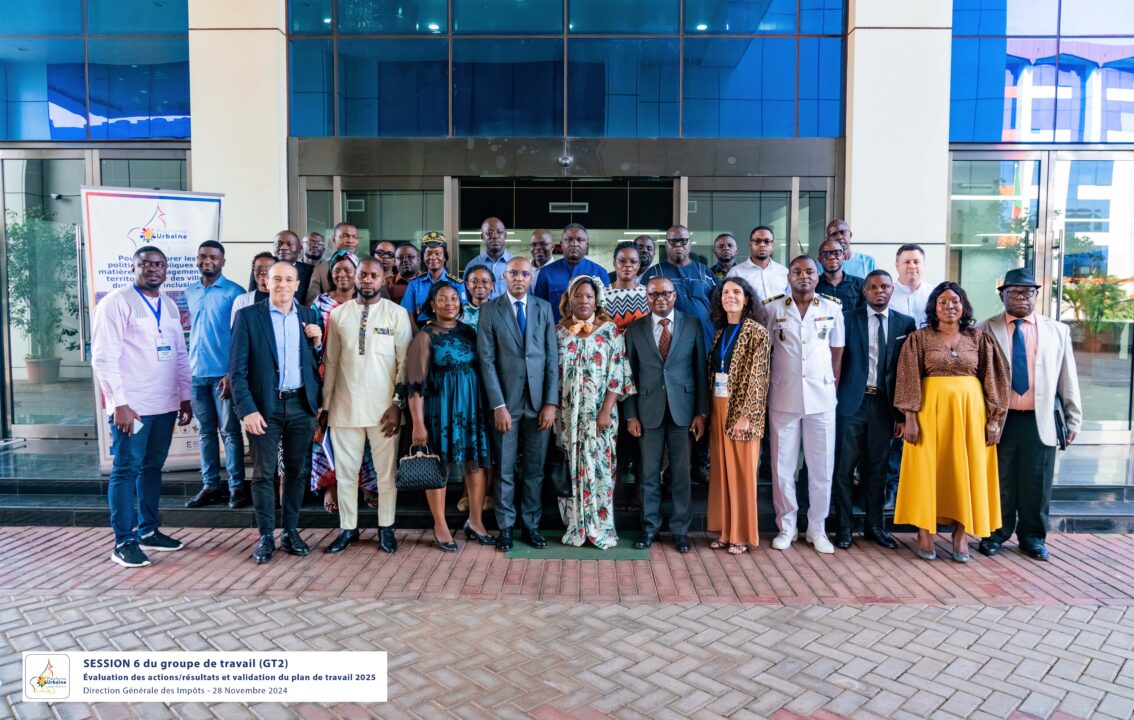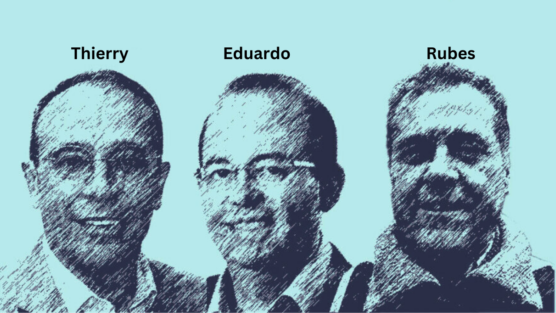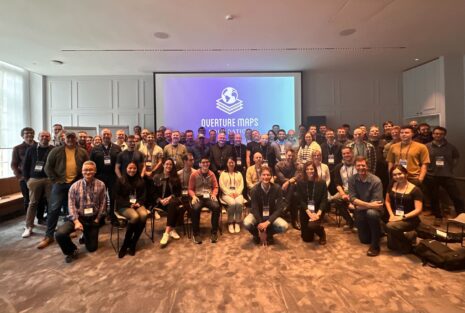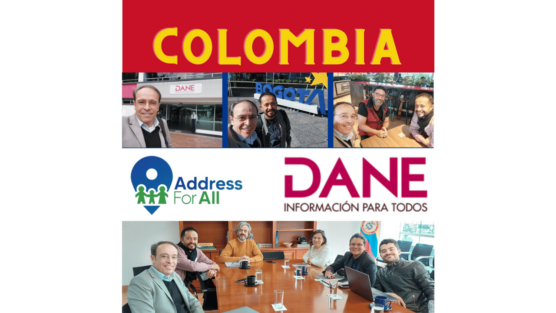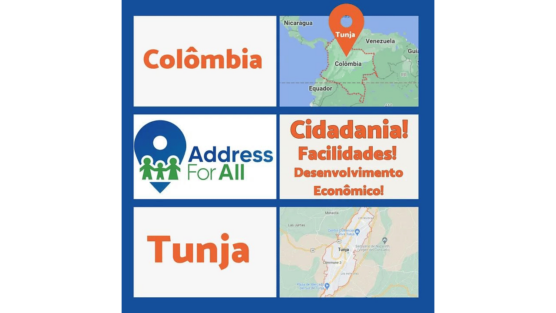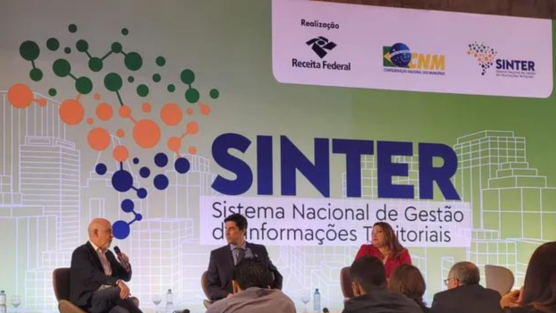This month, Thierry Jean, President of the AddressForAll Institute, traveled to Cameroun to present the Proof of Concept (POC) of the AFA Codes initiative in the country. Locally branded as the BANOC Codes (Base d’Adresses Numérique Ouverte du Cameroun), this innovative addressing system promises to revolutionize the way locations are identified and managed in Cameroun, laying a strong foundation for sustainable development.
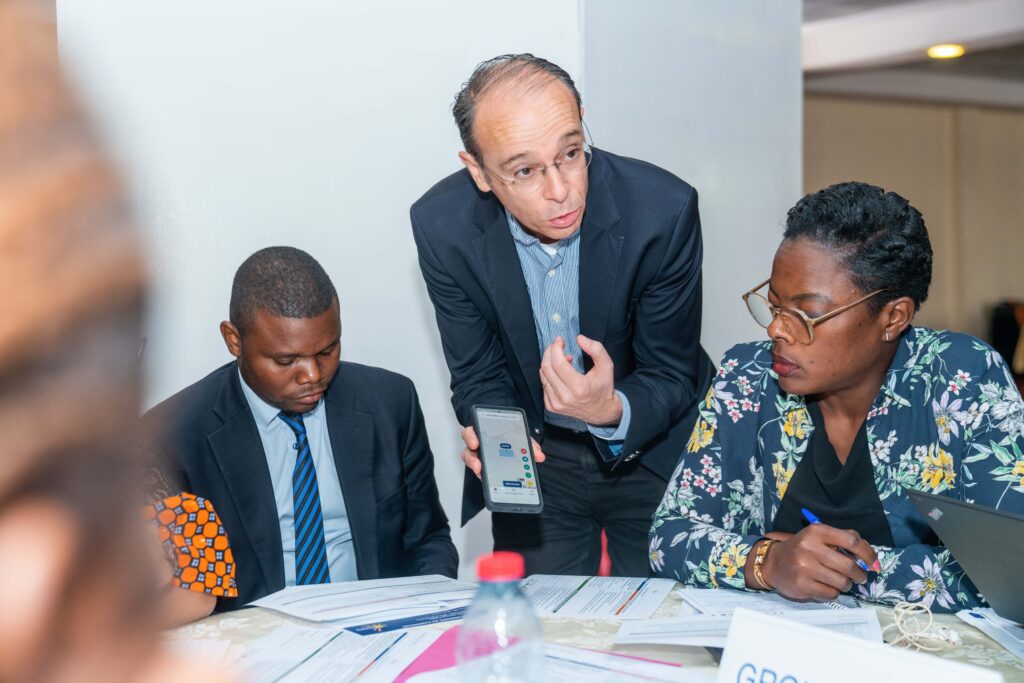
A Cornerstone for the Urban Platform Project
The BANOC Codes are an integral component of the Urban Platform Project, a large-scale initiative financed by the European Community and implemented by Expertise France, a subsidiary of the Agence Française de Développement (AFD). This platform is designed to enhance urban planning, governance, and services by integrating open, accurate, and reliable address data. The delivery of the BANOC Codes marks a significant step in creating a comprehensive digital infrastructure for Cameroun’s urban development.
Engaging with Key Stakeholders
During the visit, Thierry Jean and the AddressForAll team engaged with representatives from over 30 government entities. These meetings were critical in ensuring that the BANOC Codes align with the nation’s strategic objectives and address the unique needs of its diverse communities. The discussions also focused on fostering collaboration between government agencies and stakeholders to maximize the impact of the initiative.
Collaboration with Coeur de Web
A highlight of the visit was the collaboration with Laurent Tulpan, CEO of Coeur de Web, a renowned French web agency responsible for developing the mobile application for the BANOC Codes. The application, designed to provide easy access to digital addresses, was successfully delivered during the POC. This user-friendly tool is set to empower individuals, businesses, and government agencies by facilitating seamless navigation, service delivery, and data management.
Reinventing Geographic Information Systems
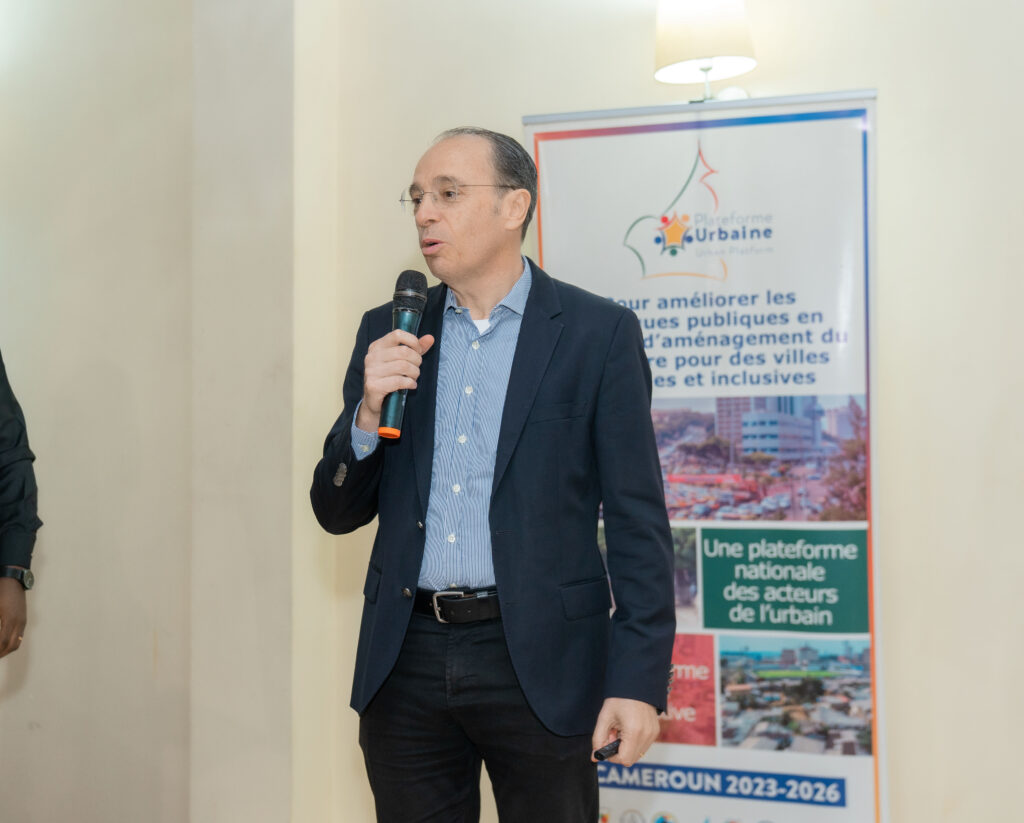
Thierry Jean emphasized that the BANOC Codes are based on a set of multipurpose grids, a model that replaces the traditional GIS. Geographic space has been entirely discretized into a mosaic of cells, enabling the comparison of different locations on the planet by simply comparing cells. Since it is a hierarchical system, parent cells aggregate the information from their child cells. This innovative structure allows data analysis and comparison to be reinvented in Cameroun, linking all data to equal-area cells. The availability of cells of various sizes also facilitates the management of polygon databases, such as the cadaster, through geocodes, which are much easier and lighter than handling polygons. Information can be retrieved using polygons, as study areas can be modeled by a set of cells. Parcels of land can be represented in a way that ensures (in Big Data systems) no overlap occurs. This allows high-performance land demarcation and regularization within a network. The performance improvement is akin to the difference between Minecraft and vector-based games, showcasing the potential of this groundbreaking approach.
A Vision for the Future
The BANOC Codes initiative reflects AddressForAll’s commitment to creating open, perpetual, and accessible address databases that support sustainable development worldwide. In Cameroun, the successful delivery of the POC demonstrates the potential of open address data to transform urban planning and governance, ultimately improving the quality of life for its citizens.
As this project moves into the next phases, the AddressForAll Institute will continue to collaborate with local and international partners to ensure its success. The journey in Cameroun is just the beginning of a broader vision to implement open address systems across Africa and beyond.
Stay tuned for more updates as the BANOC Codes pave the way for a smarter, more connected future in Cameroun and other regions.
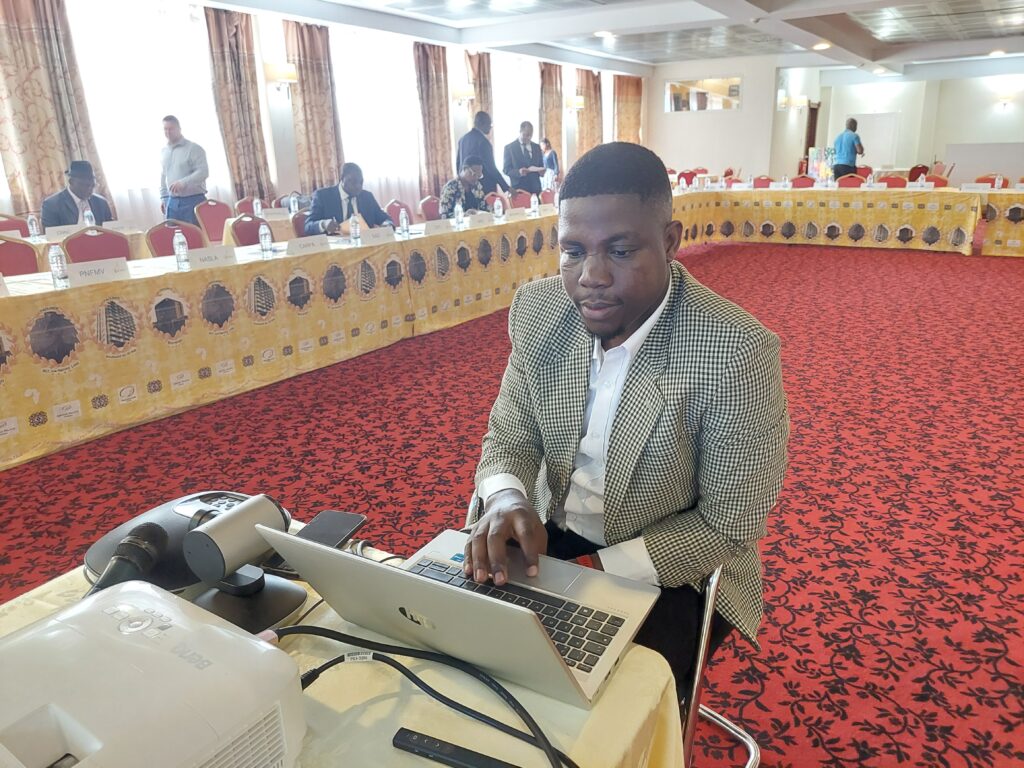
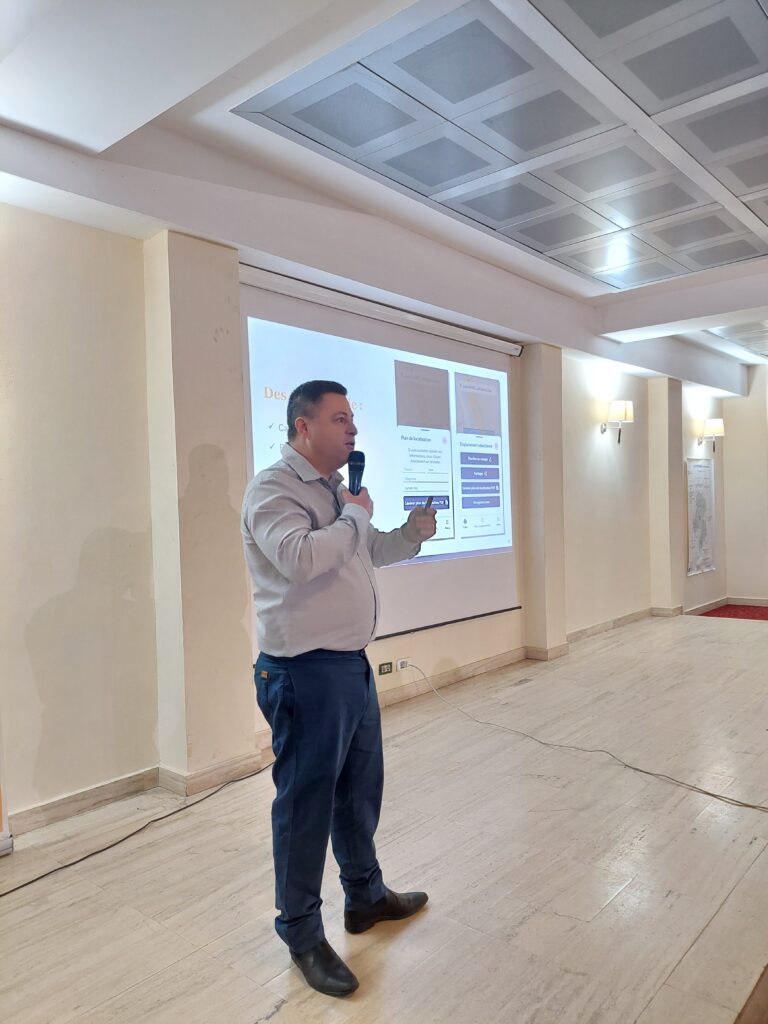
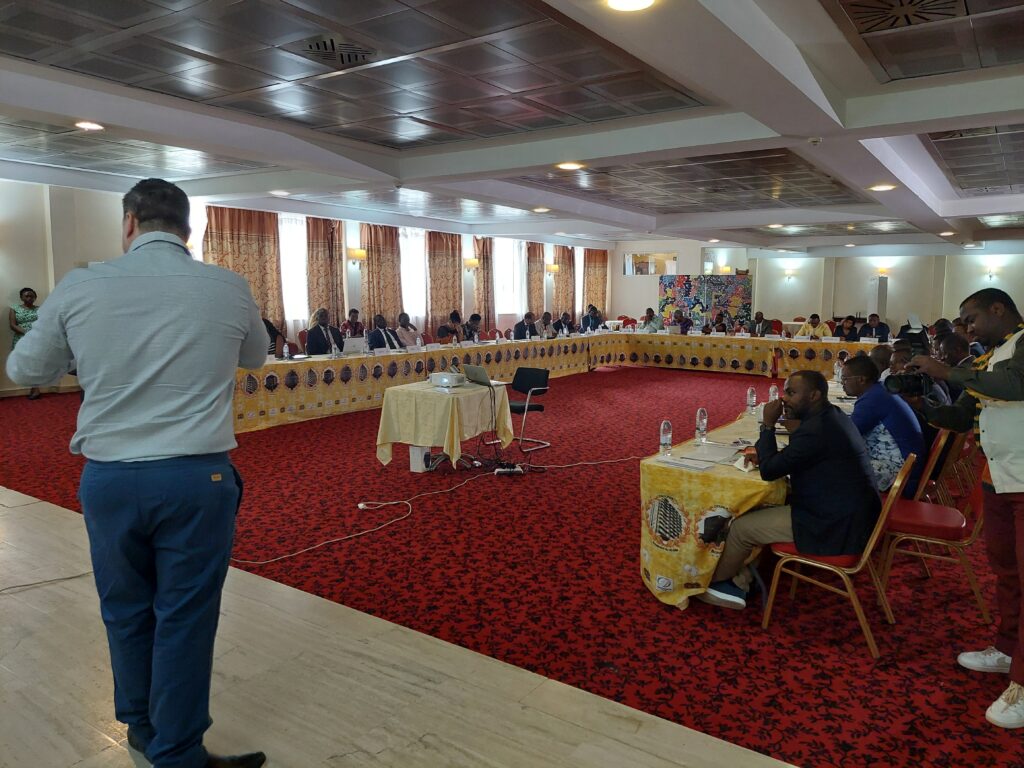
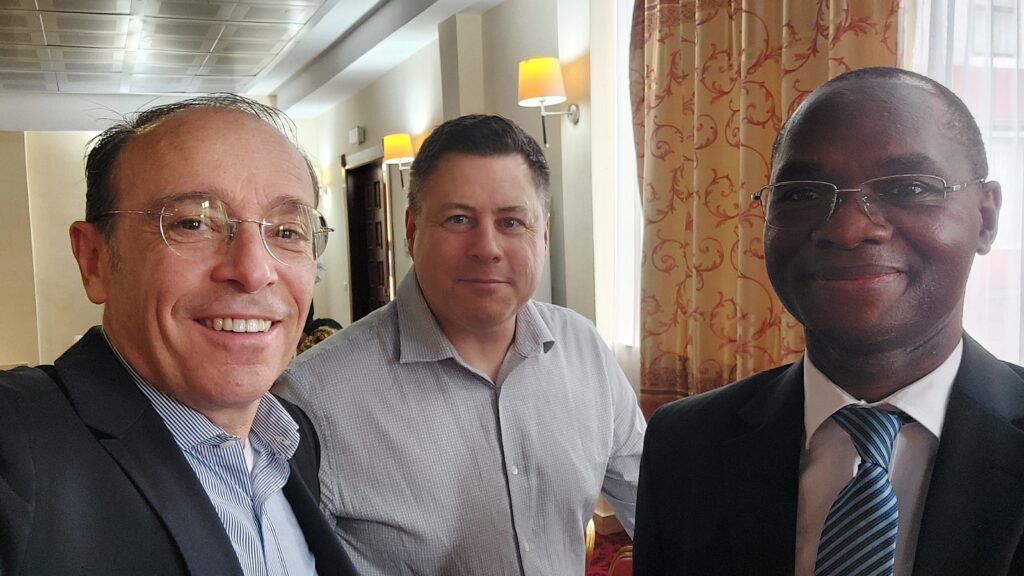
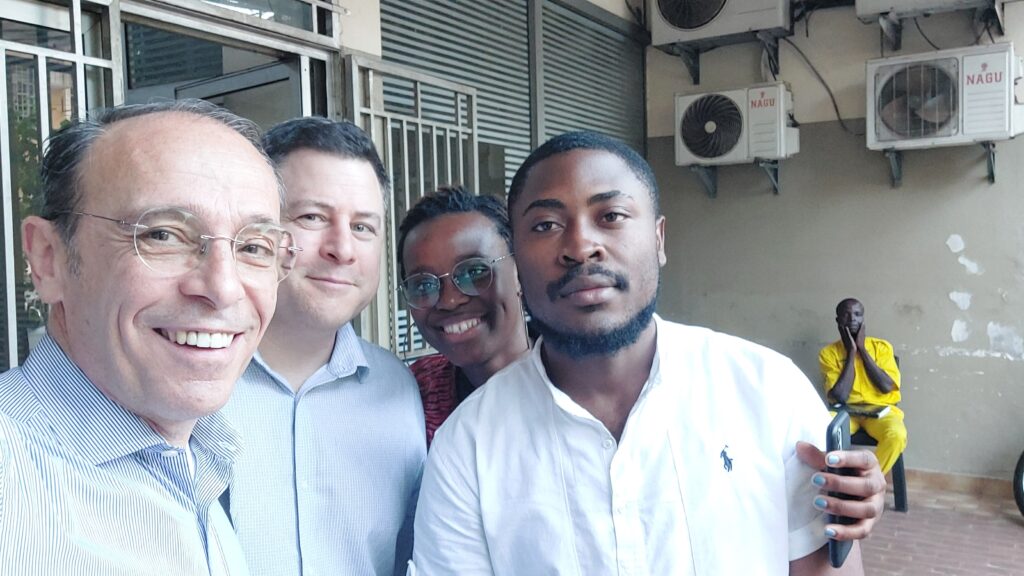
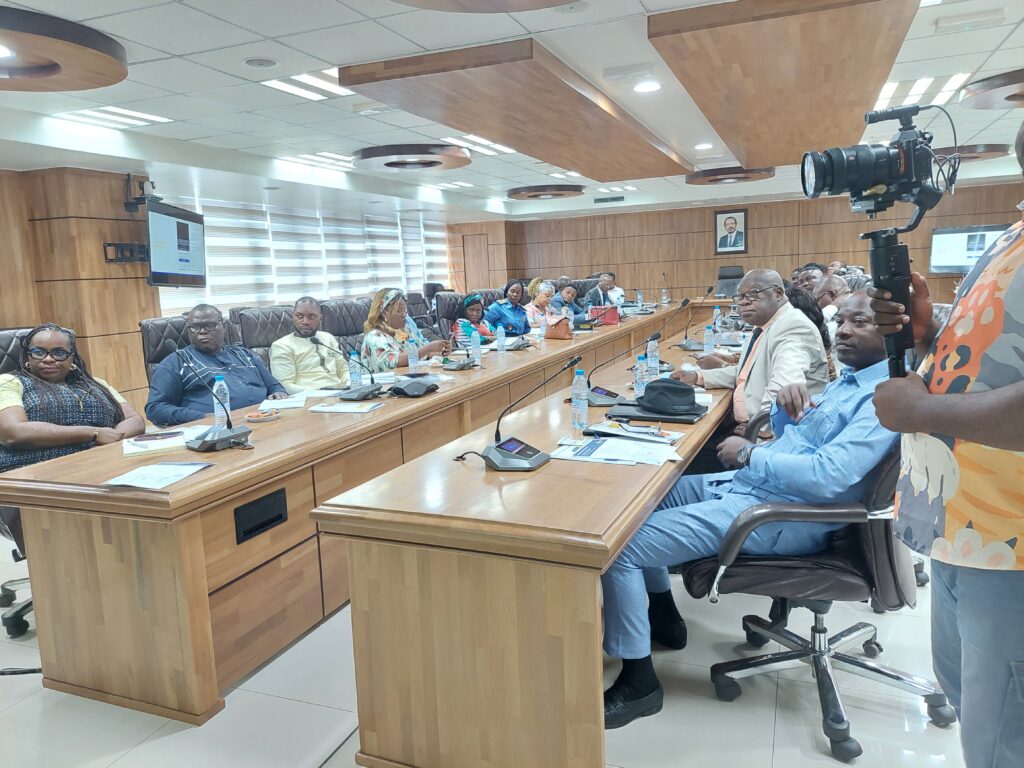
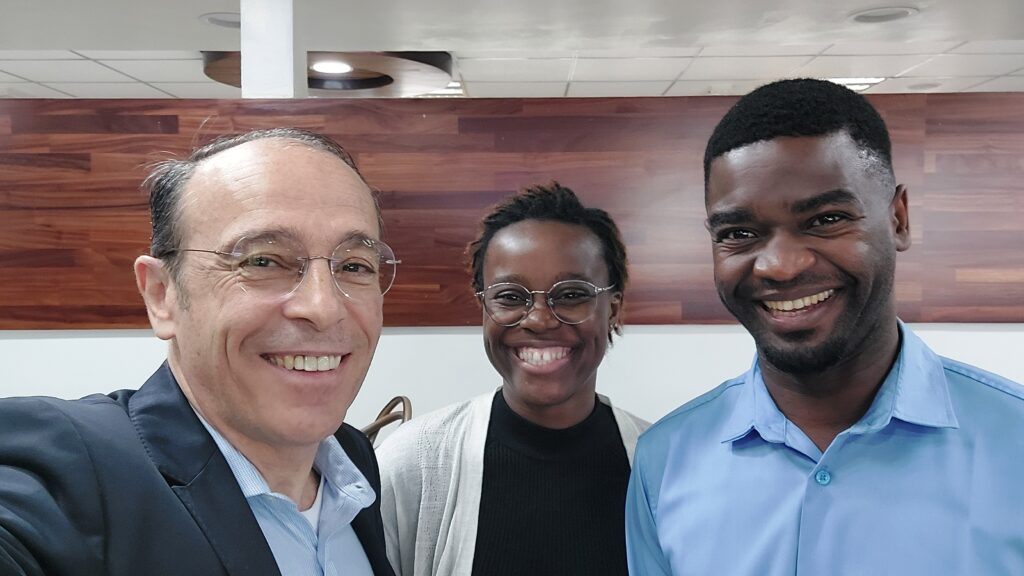
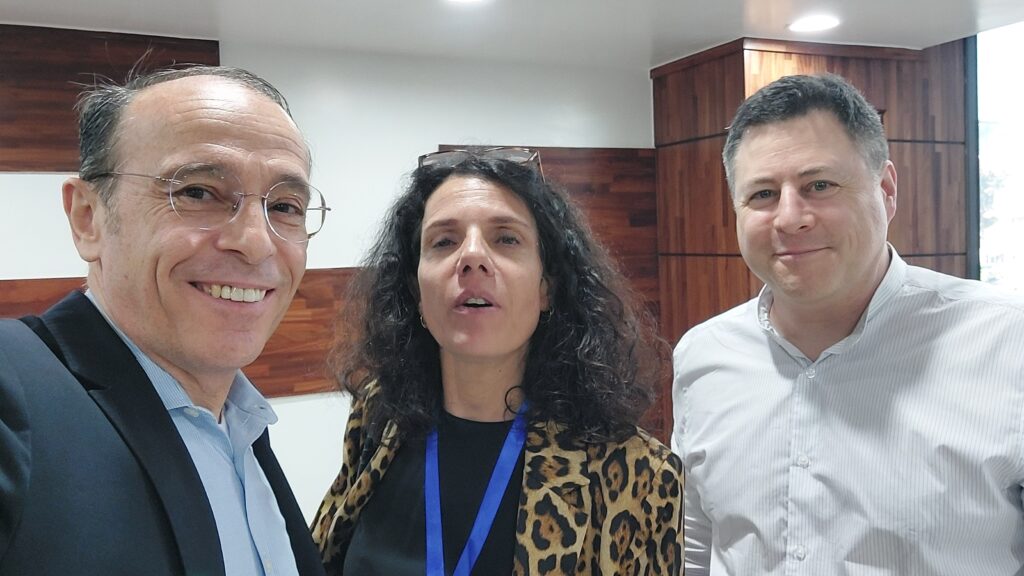
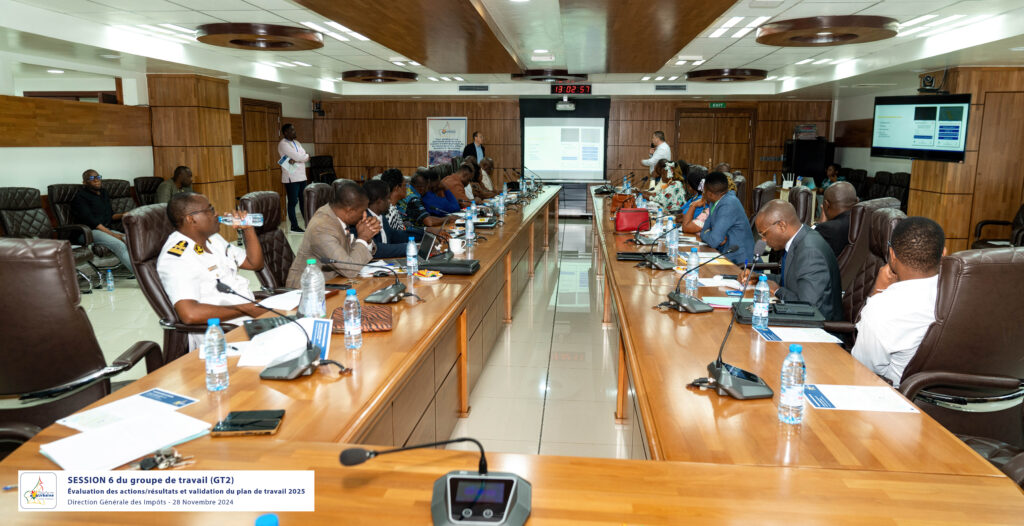
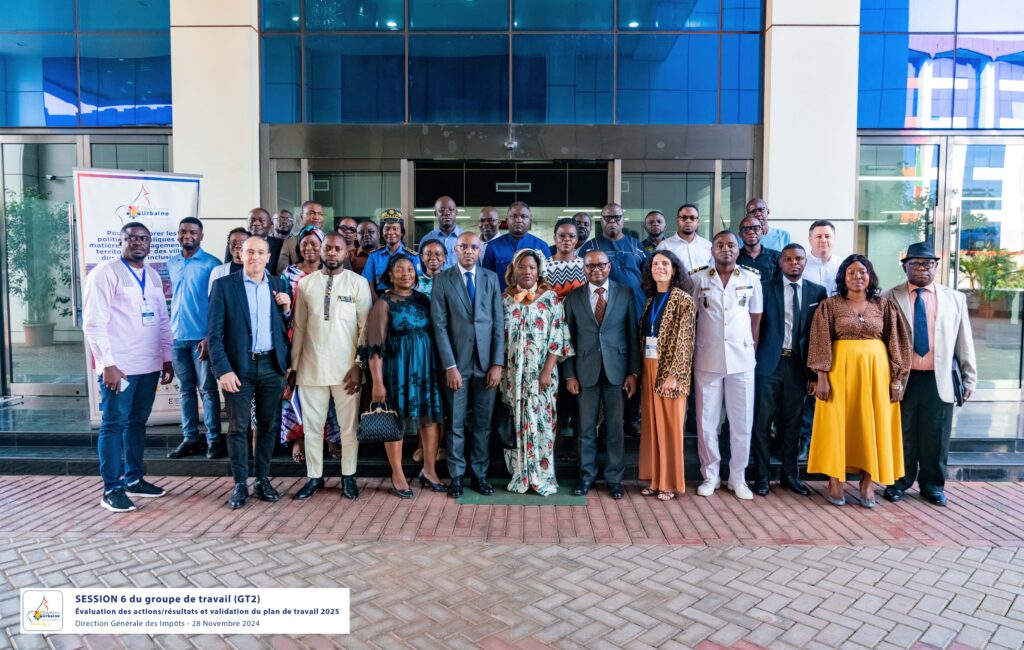
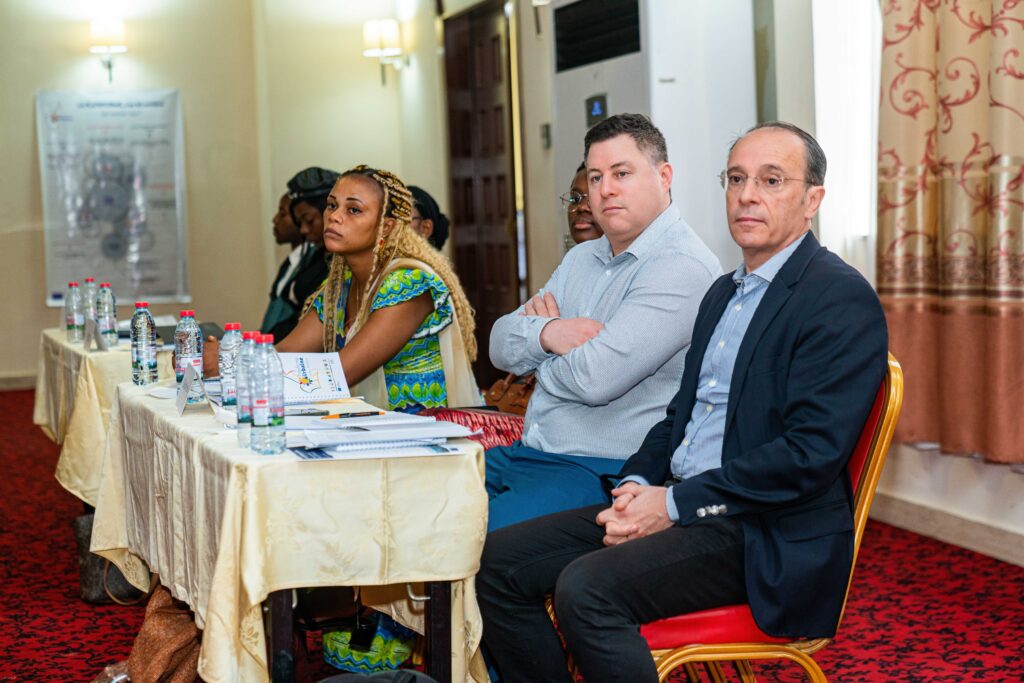
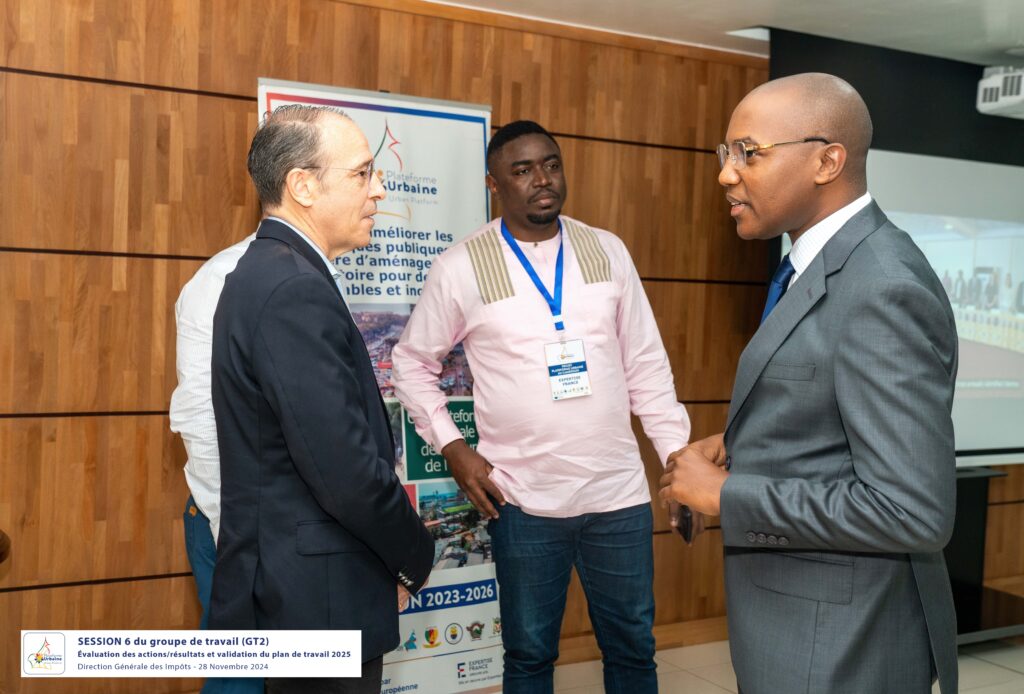

Thierry intervenes in the World Statistics Congress in The Hague (Netherlands)
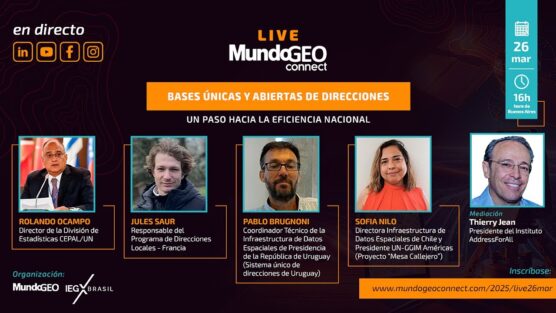
What We Learned in Our Webinar on Unique and Open Address Database Projects in Countries!
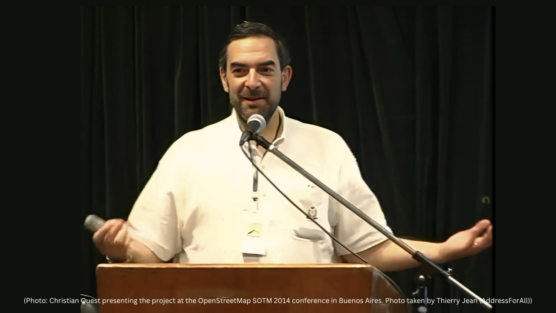
10 Years of BAN (Base Adresse Nationale): A Revolution in Address Management in France
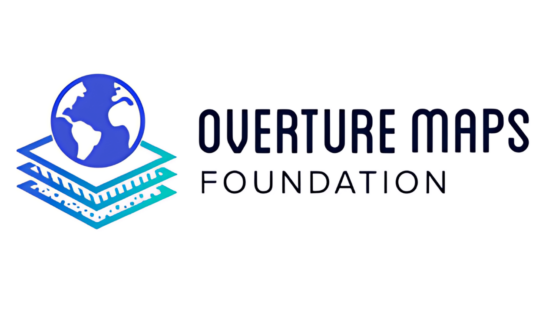
Overture Maps Foundation Releases General Availability of its Open Maps Datasets
Hey how's it going?
Can you write your comments here?

